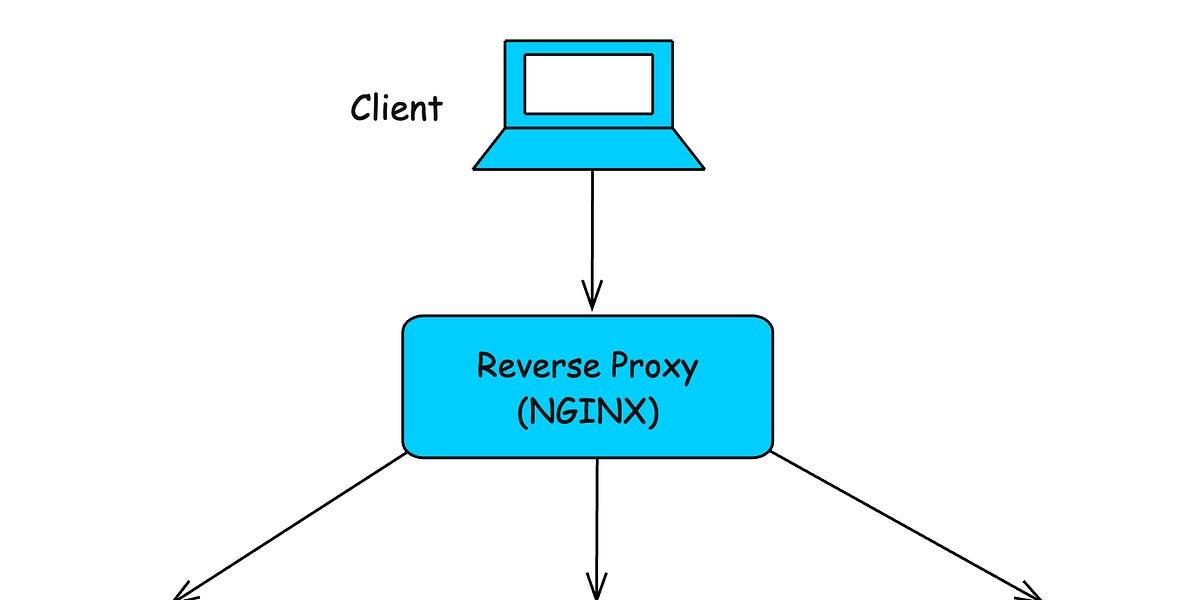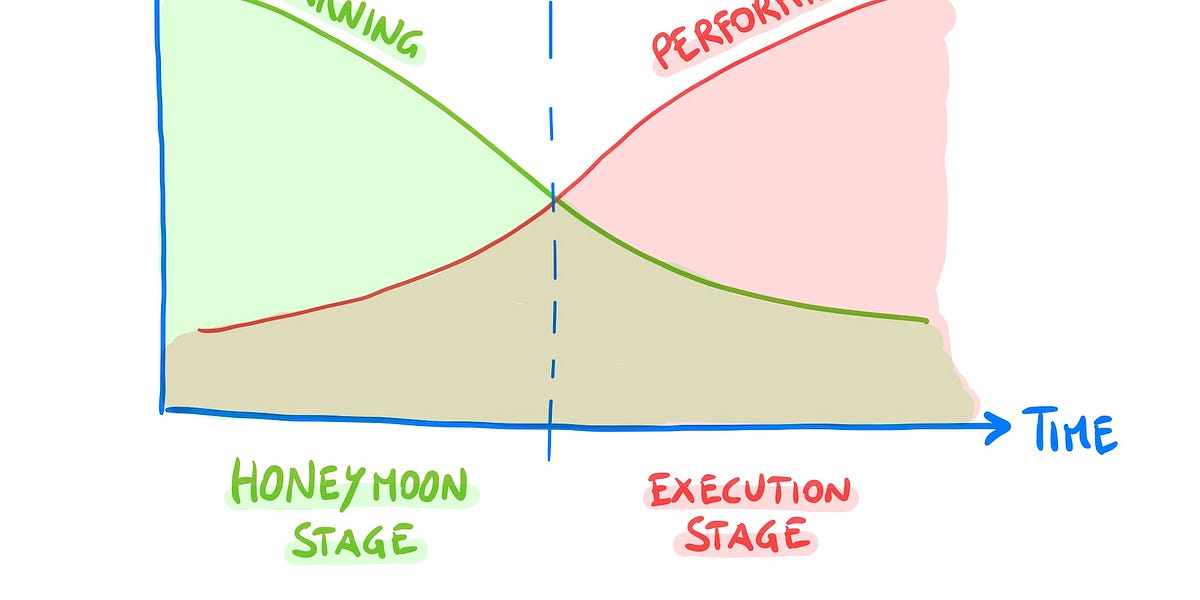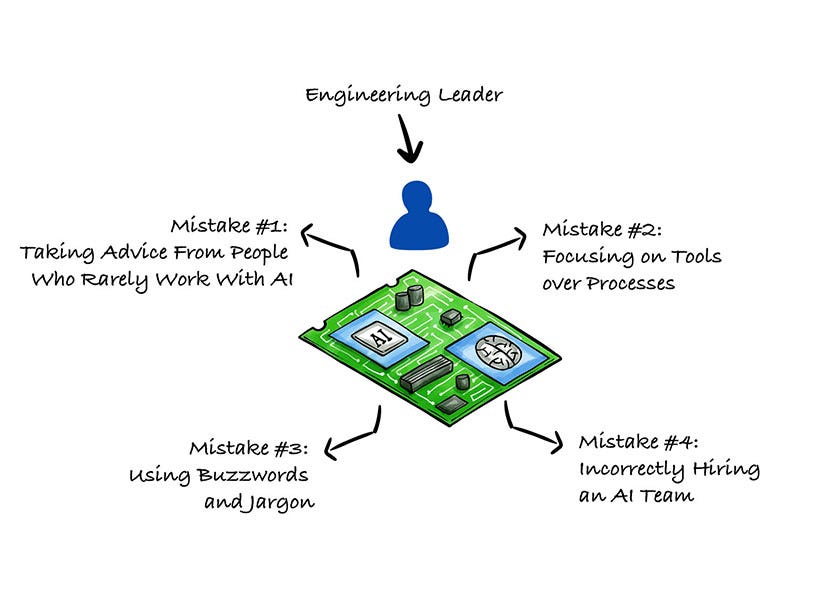Today’s issue of Hungry Minds is brought to you by:

Happy Monday! ☀️
Welcome to the 483 new hungry minds who have joined us since last Monday!
If you aren't subscribed yet, join smart, curious, and hungry folks by subscribing here.

📚 Software Engineering Articles
Understanding load balancers, reverse proxies, and API gateways differences
Parse 1B rows in Bun/TypeScript under 10 seconds
Learn to scale relational databases effectively
Why Tailwind might be your best CSS choice
Web crawler processes billion pages in 24 hours
🗞️ Tech and AI Trends
Google acquires Windsurf's AI talent for $2.4B
AWS launches Kiro IDE to revolutionize development
OpenAI's ChatGPT Agent can now control your computer
👨🏻💻 Coding Tip
Use Rust's std::mem::replace to swap values without ownership headaches
Time-to-digest: 5 minutes
Big thanks to our partners for keeping this newsletter free.
If you have a second, clicking the ad below helps us a ton—and who knows, you might find something you love. 💚
SambaNova’s cloud platform lets you build with the best open source models from Llama, DeepSeek, OpenAI, and more, all optimized with lightning-fast inference speed and powered by SambaNova’s purpose-built AI chip.
SambaCloud has integrations to the most popular frameworks and tools (like Hugging Face, CrewAI, and Cline), APIs for building, a playground to test things out, and free credits to get you started. Also available through the AWS Marketplace.

Ever wondered how to turn a 2.5-week data pipeline into a few hours? An Airbnb Staff Engineer for Marketplace Dynamics revolutionized the Pricing & Availability pipeline by fixing a system that was drowning in inefficient joins and unclear definitions.
The challenge: Transform a monolithic pipeline processing 15 datasets with unpredictable runtimes while maintaining data accuracy and handling edge cases like time zones and minimum stay requirements.
Implementation highlights:
Decoupled architecture: Separated join logic from calculation logic to reduce ripple effects
Staging tables: Introduced materialized views for P&A inputs to eliminate redundant processing
Incremental processing: Enabled reuse of intermediate results instead of full historical sweeps
Edge case handling: Fixed time zone bugs and minimum stay requirements at the data model level
Optimized joins: Restructured data flow to minimize shuffling across Spark executors
Results and learnings:
95% faster: Reduced backfill time from 2.5 weeks to just hours
Cost savings: Slashed compute costs by tens of thousands of dollars
Better accuracy: Improved availability definition match from 96% to near 100%
This experience proves that even seemingly "small" data problems can hide massive optimization opportunities. Sometimes the best solution isn't throwing more compute at the problem, but rethinking how we structure our data pipelines.

ARTICLE (async-yakety-yak)
What Async Communication Behaviors Lead To Better Outcomes For Software Engineers?
ARTICLE (stack-attack-survey)
The Pragmatic Engineer 2025 Survey: What’s In Your Tech Stack?
GITHUB REPO (claude-the-router-dude)
Use Claude Code as the foundation for coding infrastructure
GITHUB REPO (graphiti-go-brrr)
Build Real-Time Knowledge Graphs for AI Agents
ARTICLE (cache-me-if-you-can)
Caching
ARTICLE (tailwind-tantrum)
Tailwind is the worst form of CSS, except for all the others
ARTICLE (bun-fast-furious)
Parsing 1 Billion Rows in Bun/Typescript Under 10 Seconds
ARTICLE (crawl-like-a-boss)
Crawling a billion web pages in just over 24 hours, in 2025
Want to reach 190,000+ engineers?
Let’s work together! Whether it’s your product, service, or event, we’d love to help you connect with this awesome community.

Brief: Google acquires AI startup Windsurf and its CEO Varun Mohan, marking its latest move to secure top talent in the competitive AI industry.
Brief: Meta opens a Superintelligence Lab aimed at accelerating breakthroughs in AI research, focusing on developing advanced models beyond current capabilities.
Brief: AWS debuts Kiro, an agentic IDE that generates user-story specs instead of raw code, aiming to solve low-quality AI-generated outputs and streamline development workflows.
Brief: OpenAI's new ChatGPT Agent can perform complex, multi-step tasks like scheduling, shopping, and research by operating a "virtual computer", with safeguards to prevent irreversible actions.
Brief: Google rolls out Veo 3 in the Gemini API, enabling developers to create cinematic-quality videos with synchronized audio, priced at $0.75 per second, already powering tools like Cartwheel and Volley.

This week’s coding challenge:
This week’s tip:
Use Rust's std::mem::replace to swap values while maintaining ownership rules, particularly useful for updating complex data structures without cloning. This pattern avoids temporary allocations and ownership complications when you need to replace a value while using its previous state.

Wen?
Linked data structures: Essential for manipulating nodes in linked lists, trees, or graphs where you need the old value while updating.
State machines: Efficiently transition between states while processing the previous state's data.
Buffer management: Swap buffers in place without additional allocations when implementing circular buffers or similar data structures.
"Success is not final, failure is not fatal: It is the courage to continue that counts."
Winston Churchill


That’s it for today! ☀️
Enjoyed this issue? Send it to your friends here to sign up, or share it on Twitter!
If you want to submit a section to the newsletter or tell us what you think about today’s issue, reply to this email or DM me on Twitter! 🐦
Thanks for spending part of your Monday morning with Hungry Minds.
See you in a week — Alex.
Icons by Icons8.
*I may earn a commission if you get a subscription through the links marked with “aff.” (at no extra cost to you).









